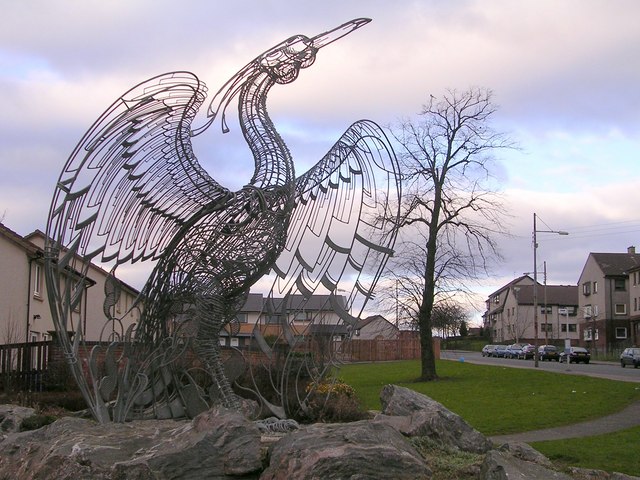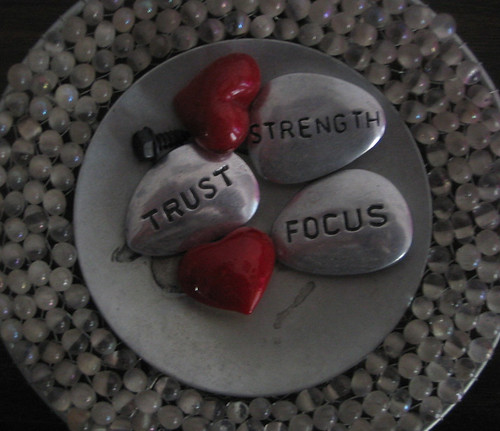A couple weeks ago, I committed to posting longer, more well-thought-out answers to the questions that Britt Bravo posed to me during our Arts and Healing Network podcast conversation. Here’s my answer for day six!
6. What has been the impact of the workshops for survivors of sexual abuse?

I love this question, and it’s a challenge for me to answer: while I can say what’s been my experience, I can talk about what I think happens for some folks sometimes, but I can’t speak for all the survivors I’ve written with. So I’m going to say some things I think about the workshops can impact or have impacted folks who’ve participated (myself included), but I’d love to hear your thoughts, too!
(Note: there’s a little bit of sexual language in this post — just fyi!)
We have our bodies. We have our hands and feet thighs legs arms eyes noses breasts mouths bellies chests butts foreheads fingers lips toes and yes genitals yes cunts and cocks yes they always are of us. Through [this] writing, I open to the world around me. I walk around heavily awake, I smile more amply, I touch the cats on the ledge with my eyes. I am seen and I see. I am witnessed. I am heard. I am differently present. This is the opposite of dissociation. This is the practice of embodiment.
We can change the world this way, through writing deeply and openly—I mean, with this and other practices of knowing and living ourselves into the vast elemental of art. Don’t ever think that our work, the very practice of writing—the very fact of taking the time to sit down with one’s own thoughts, committing them to paper, doing so in community –is not revolutionary. We undermine and examine the old teachings. We take the old language and turn it inside out. We name our hidden truths. We true our hidden names. We crack through the surface of the advertised world and take hold of the reins of our lives. As long as we keep on writing and knowing each other as constantly changing peers in this process, as long as we are free to tell ourselves and our stories however we choose, as long as we play in the memory and myth of the thickness of metaphoric language, as long as we climb into other writers who speak to us and experience their words viscous with reality (whether those words are published in a collection or read aloud in a writing group), we will walk ourselves, together, into freedom.
 Remember the guidelines of the AWA method writing workshops (as developed by Pat Schneider in her book Writing Alone and With Others):
Remember the guidelines of the AWA method writing workshops (as developed by Pat Schneider in her book Writing Alone and With Others):
1) Confidentiality: everything shared here stays here;
2) Exercises are suggestions;
3) Reading aloud is optional;
4) Feedback is positive and treats all new writing as fiction.
We build trust in a space in which we hold ourselves and each other in confidence. Writers have the structure and possibility of exercises offered by someone else, and the freedom of interpretation and play. We can then choose to “perform” (read aloud) our new writing, or not. If and when we choose to share what we’ve written, we know we will receive a warm and strong hearing that focuses on the artistry of our words, our language, our imagery. We ourselves aren’t deconstructed, analyzed or pathologized.
Many writers in these workshops seem to “break open” right from the beginning. And that power is magnificent. We do it because we can and we are ready. We have a kind of “public performance space” that is also private, confidential. The writing room becomes our stage and our quiet bed. We have the assurance of privacy, which allows for the audacity, bravery, and cojones of recital. We come and write because we know someone will be there to hear us, and that we will be able to construct ourselves in the sight of others and yet not be held or tethered to any one permutation of ourselves. Finally, it’s out in the open, and other people are talking about it. No longer do we as individual (so-called) victims have to remain silent: we have a place where we can receive others’ stories, experiences, recovery, struggle, contradiction while offering our own.
In this space, no one has any authority over another in the realm of experience. How I receive a piece of writing is how I receive it, and how you experience it is how you experience it. What we hear and like might be similar or disparate, but any disconnect in our experiences/hearings does not render one or the other more right or better or more important. Also, each person’s interpretation of an exercise is correct. 
For survivors, those of us–so many of us, in so many different ways–trained into wrongness, trained into silence, trained into the invisibility of our language: when I say that the workshops are “transformative,” I mean that we create ourselves a space in which to alter how we have come to know ourselves through words. When we tell newly-re-framed stories and we are heard… how can that not empower and open the heart?
This can take awhile to sink in for writers in the workshops. But you know how it is: Over time, and through hard and serious risk, each person learned the primacy and power of their words, their experience, their interpretation, their artistry. It’s revolution. It’s gorgeous.
Now, it’s y’all’s turn: What about for you? Have you participated in this or another AWA-method workshop? What’s been your experience about how survivors can be impacted by this work?

Pingback: What can a survivors writing workshop do? | writing ourselves whole
Pingback: (redux) How do the workshops impact survivors of sexual trauma? « writing ourselves whole